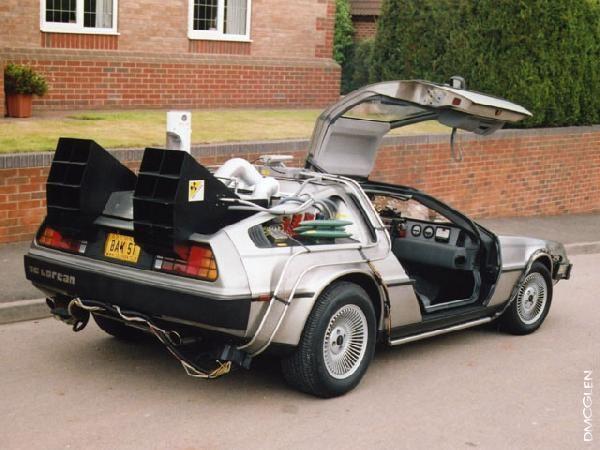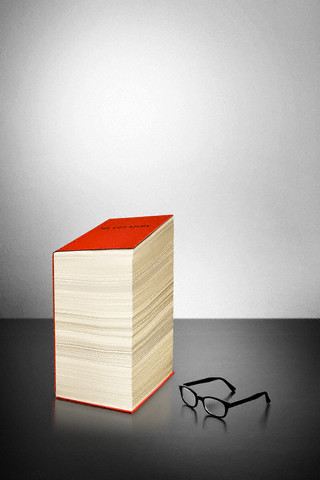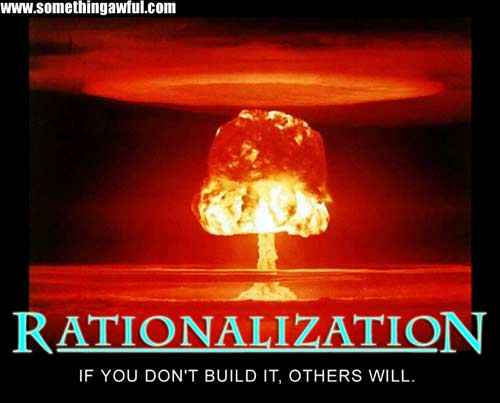Amazon.com, the global commerce company, reached a significant milestone earlier this year when their sales of e-Books exceeded the sales of hardcover books. This week CEO Jeffrey Bezos announced that they are selling twice as many e-Books, in the top 10, 25, 100, and 1.000 best selling lists, than their hardcover counterparts.
In the first nine months of this year Amazon has sold three times more e-Books than at the same time last year. ”This is remarkable when you consider that we’ve been selling hardcover and paperback books for 15 years, and Kindle books for just 36 months.“ senior vice president of Amazon Kindle, Steve Kessler, said in a press statement.
Amazon´s library now holds more than 700.000 e-Books, plus about two million free, out-of-copyright titles; books that take up no space, and will never go out of print.
Amazon´s library now holds more than 700.000 e-Books, plus about two million free, out-of-copyright titles; books that take up no space, and will never go out of print.
Since Amazon introduced the Amazon Kindle reader, back in 2007, the e-Book market has been rising steadily.This year two competing devices were lunched, Barnes & Noble Nook and Apple´s Ipad, giving the electronic books market a big boost. This has been a long time coming for the e-Book technology.
The e-Books history dates back to the early 70´s with the Gutenberg Project, started by Michael S. Hart, and a few other research projects started around the same time. Although e-Books were already invented when the personal computer boom started in the Eighties, it wasn’t until the arrival of the internet that e-Books became accessible to the general public.
Many tech gurus predicted that e-Books would make printed literature obsolete in a few years. This was back when 500 mb hard drives were huge, and people thought Pauly Shore was cool. But maybe their predictions were just a little too premature and the beginning of the end for the printing industry is starting now.
I for one am happy to jump on the electronic bookmobile!














 Yes, there is. The best reason to write is the best reason to do anything—because it helps you grow and develop your potential. Writing is a terrific way to learn. When you write you discover whether you really understand something, or just think you do; and the very process of writing makes you think, and think hard"
Yes, there is. The best reason to write is the best reason to do anything—because it helps you grow and develop your potential. Writing is a terrific way to learn. When you write you discover whether you really understand something, or just think you do; and the very process of writing makes you think, and think hard" 
 Writing as learning begins with expressive writing. Consider what it's like when you're first learning about a topic. Everything is unfamiliar. It's like being in a strange land where not only the terrain but even the signs and maps are unfamiliar, and the words themselves are foreign. That's the situation students find themselves in when they begin studying a field like history or anthropology or biology or business. Expressive writing gives students an opportunity to start to make sense of the world they find themselves in, to bring the myriad facts, definitions, rules, theories, and perspectives to life and impose some order on them.
Writing as learning begins with expressive writing. Consider what it's like when you're first learning about a topic. Everything is unfamiliar. It's like being in a strange land where not only the terrain but even the signs and maps are unfamiliar, and the words themselves are foreign. That's the situation students find themselves in when they begin studying a field like history or anthropology or biology or business. Expressive writing gives students an opportunity to start to make sense of the world they find themselves in, to bring the myriad facts, definitions, rules, theories, and perspectives to life and impose some order on them. 